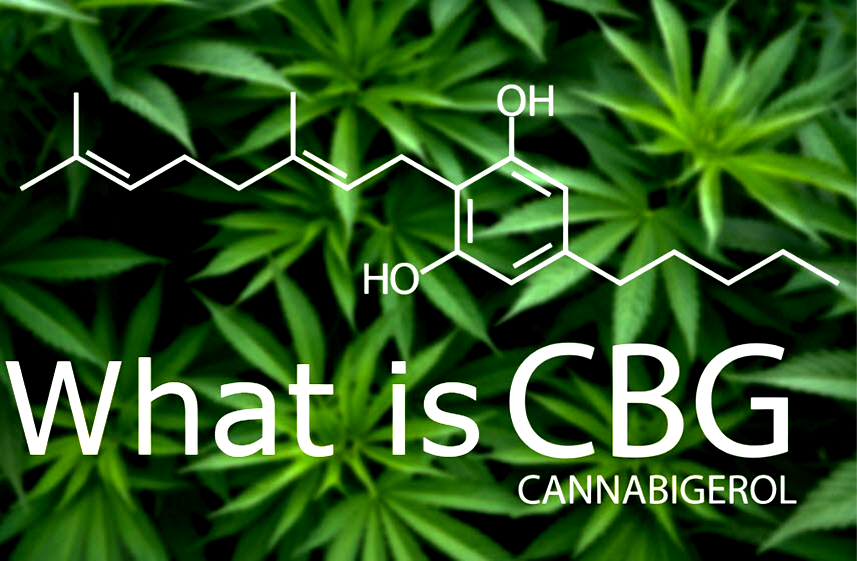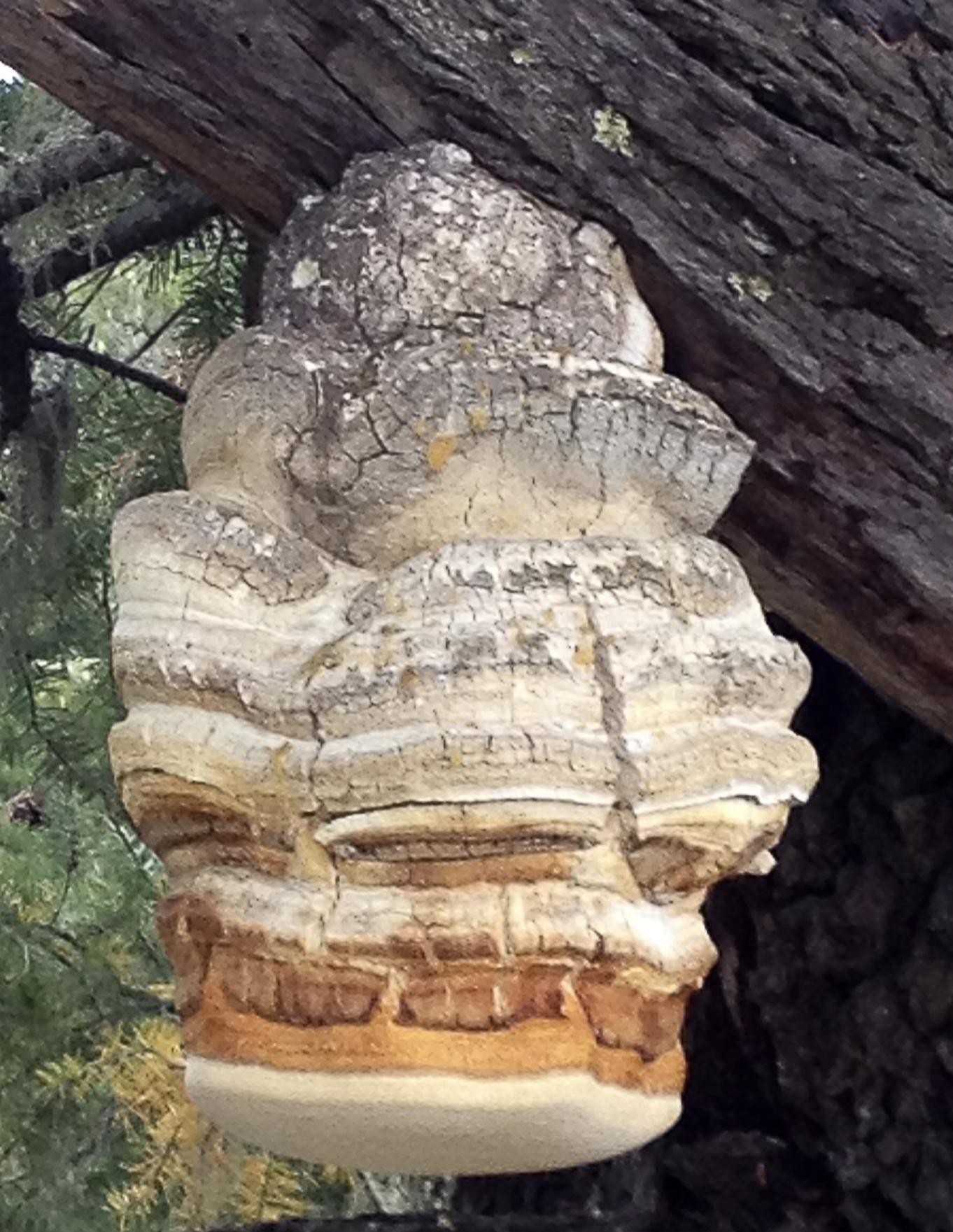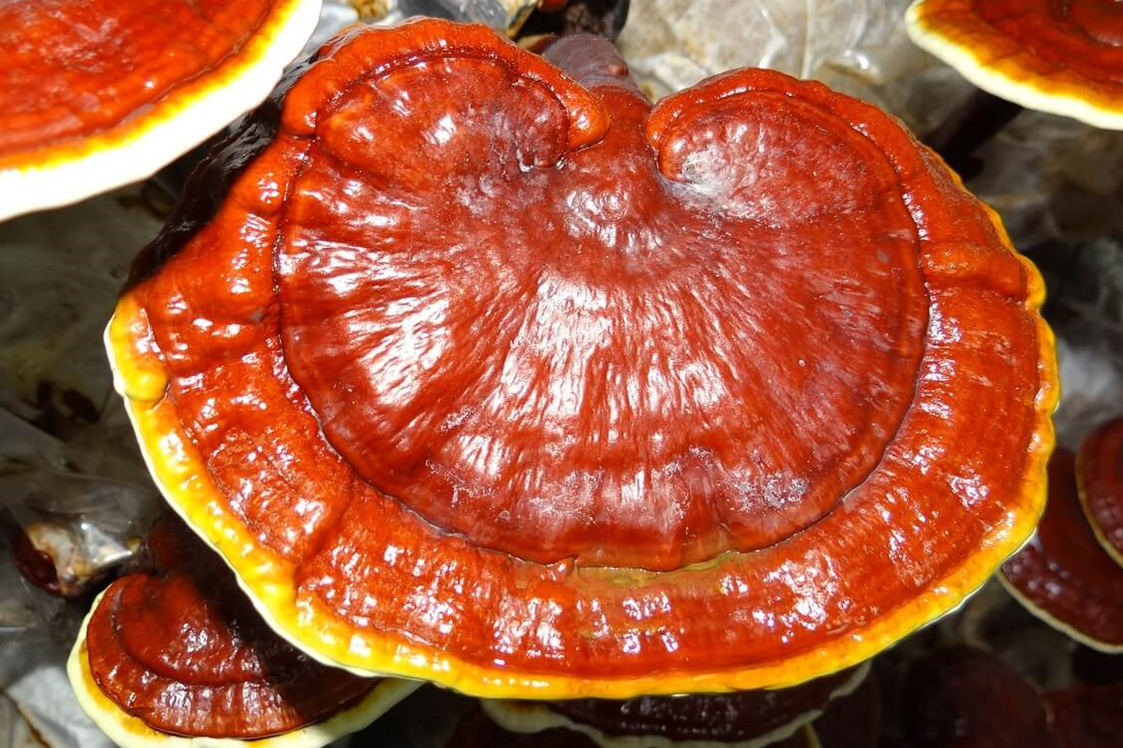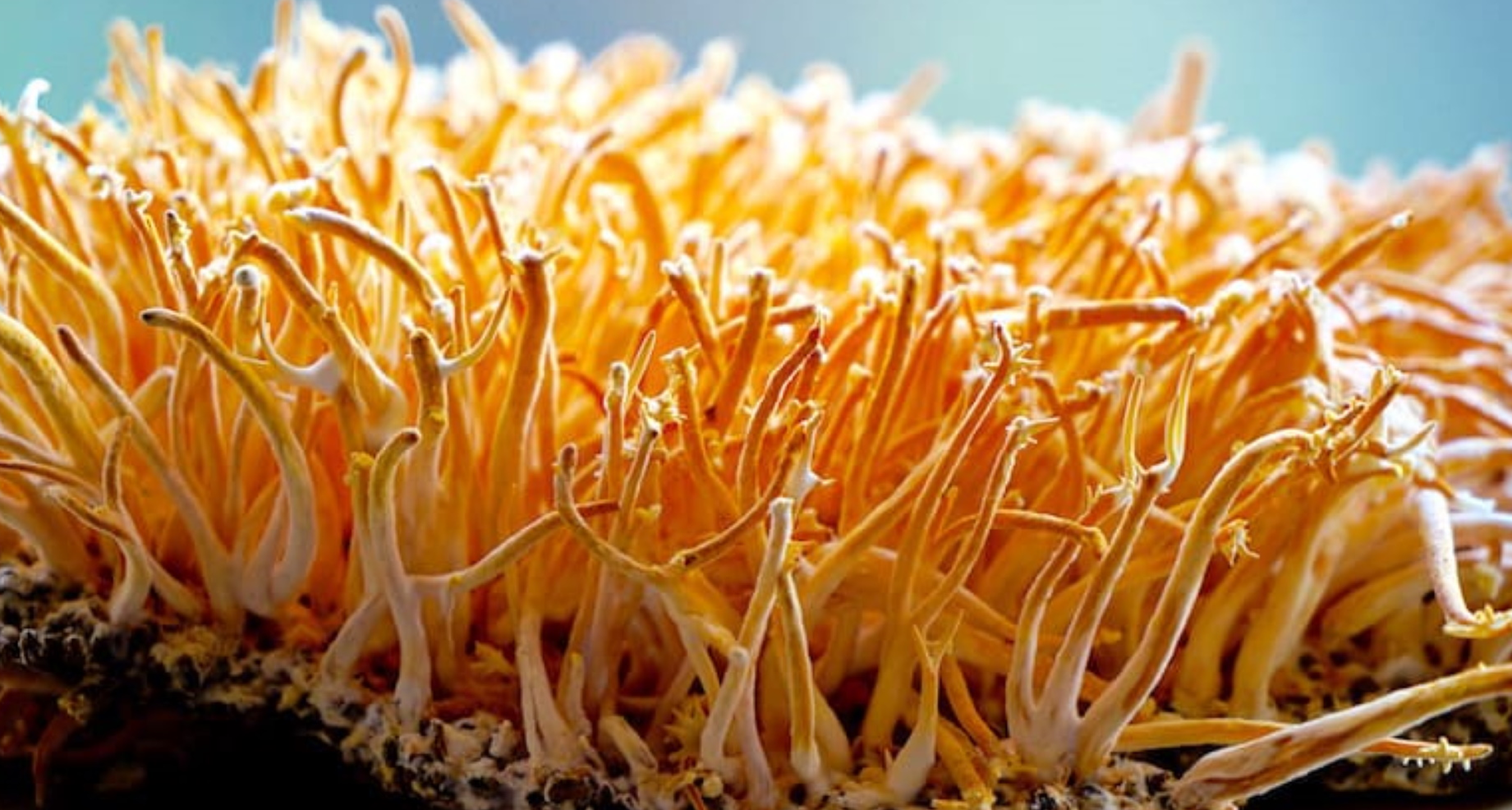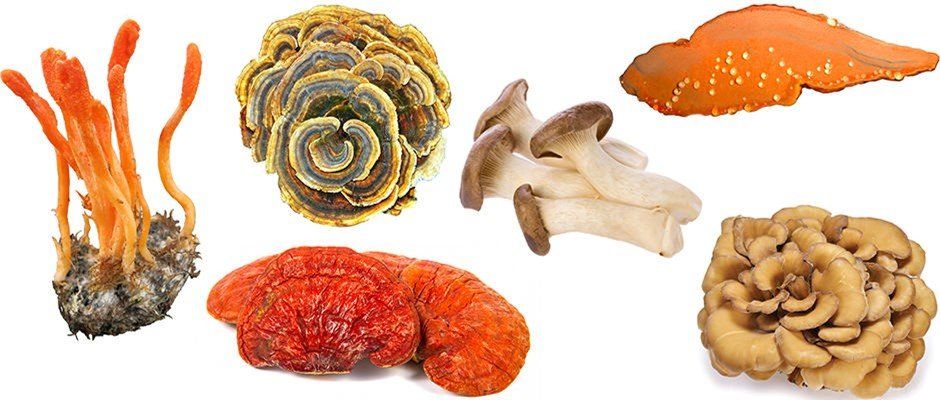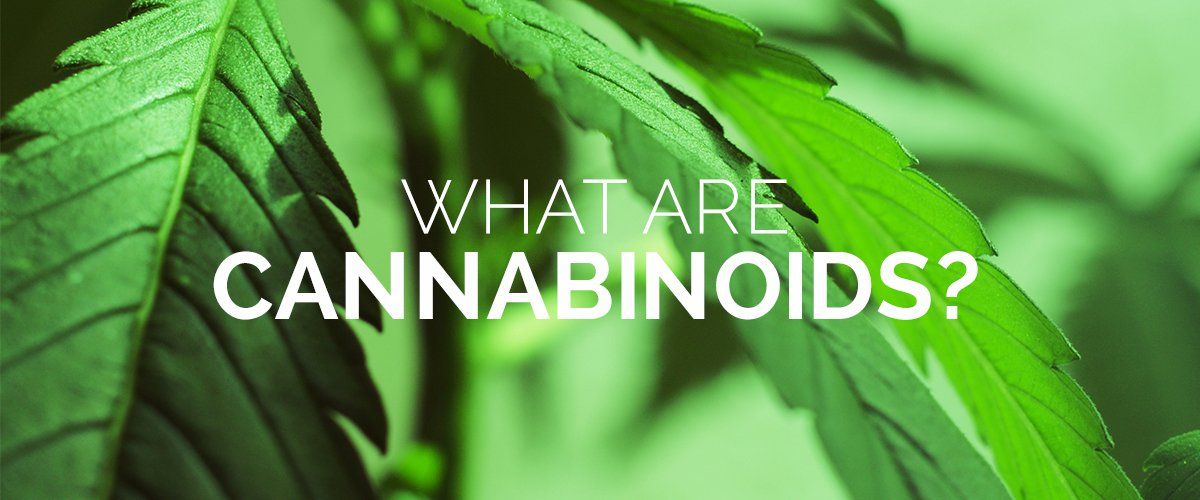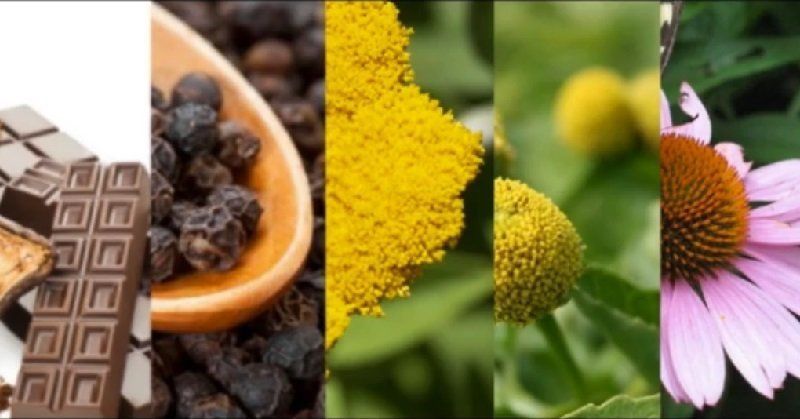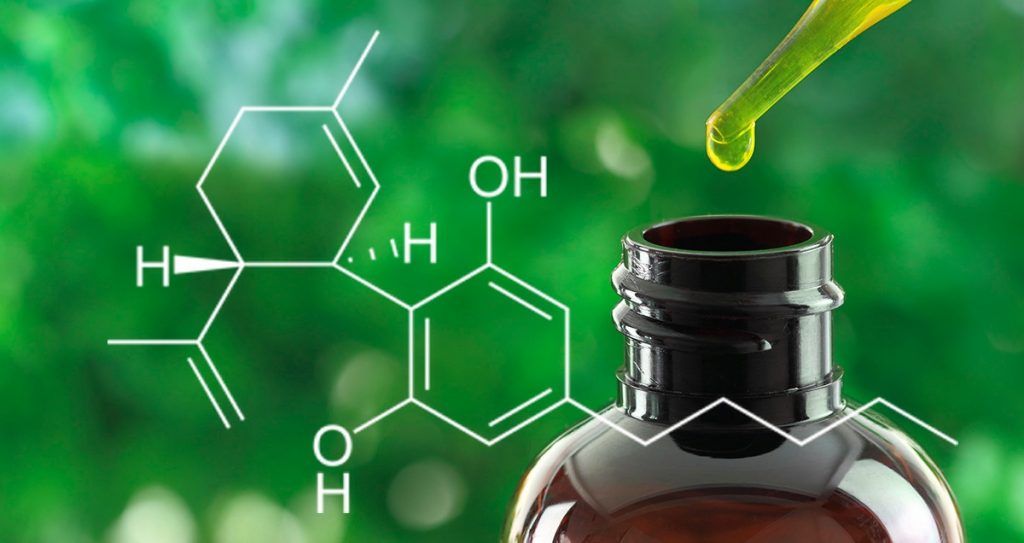Migraines
Take back control of your life

People who suffer from migraines know full well the debilitating symptoms that accompany them... nausea, photo-phobia, mind numbing pain, just to name a few. But what is a migraine? What are it's causes? What can you to do treat and even prevent them? This article will dive deeper into this subject & explain how CBD helps to modulate the signals that lead to migraines as well as promote healthy sleep which can prevent them in the 1st place.
What is a migraine?
Science is still searching for absolutes regarding what causes migraine, however, current technology that shows us how the brain works is shaping new and exciting understanding. In the past, it was believed that the constriction and dilation of blood vessels was the primary cause for migraine. Researchers now believe that migraine is a neurological disorder involving complex brain chemistry and neuro pathways. Migraines are now known to be caused by genetics, extreme stress, and external/environmental factors.
Isn't migraine just another word for bad headache?
No. A migraine is not just a bad headache, it is a long lasting (sometimes lasting days) set of neurological disturbances that cause throbbing, and many times debilitating pain. Migraine attacks typically present on one side of the head, however one third of sufferers state that they experience the throbbing pain on both sides of their head. There are a host of other symptoms that typically accompany migraine.
- Nausea - Many migraine sufferers report nausea and vomiting when experiencing a migraine attack.
- Aura - These are visual disturbances that can occur prior to the headache coming on.
- Seeing spots
- Flashes of light
- "Zig-Zag" lines
- Loss of vision (in one or both eyes)
- Dizziness or lightheaded feeling
- Photophobia (sensitivity to light)
- Phonophobia (sensitivity to sound)
- Sensitivity to smells (this can sometimes be a trigger for migraine in some sufferers)
- Numbness or tingling (most commonly in the face)
Are there different types of migraine?
Yes. There are 2 main types of migraine and several "sub-types".
- Migraine without Aura (AKA-Common Migraine): This is the most common type of migraine. It typically comes on without warning and with it brings pulsing/throbbing pain typically on one side of the head lasting anywhere from 4-72 hours. Other symptoms that accompany this form of migraine include: nausea, vomiting, sensitivity to light, sensitivity to smells, sensitivity to sound, confusion, blurred vision, mood changes, & fatigue. These attacks can come on several times a year and attacks can be made worse by frequent use of symptom managing medications.
- Migraine with Aura (AKA-Classic or Complicated Migraine): This type involves neurological and visual disturbances that precede the headache and typically last an hour or so. Sufferers can loose part or all of their vision & many times the aura is experienced without the headache symptoms.
- Hemiplegic Migraine (a subtype of Migraine with Aura): This type is a very rare, but extremely serious type of migraine that causes paralysis on one or both sides of the body, sometimes lasting days. This paralysis can precede a headache or be present during the headache. Sufferers report extreme vertigo, trouble speaking, trouble seeing, trouble swallowing, and a stabbing sensation. These symptoms typically come before the headache pain and cease shortly after the pain begins.
- Migraine with brain stem aura (AKA-Basilar Migraine): This type of migraine presents mainly in adolescents and teens, many times in teen girls surrounding their menstrual cycles. The pain typically comes on suddenly & is felt on both sides and the back of the head.
- Retinal Migraine : This is a very rare type of migraine that is characterized by attacks of vision loss and visual disturbance. Painful headaches usually accompany this type of migraine.
- Chronic Migraine : Migraines are classified as chronic when headaches occur 15 or more times a month for more than 3 months. Often disabling, these migraines require preventative medication, lifestyle changes, and in extreme cases surgical intervention.
Can CBD help with my migraines?
Many scientists believe that migraines are a result of a deficient
Endocannabinoid System. One
study in 2007 published in the Journal of Neuropsychopharmacology found that their chronic migraine patients had significantly lower amounts of Anandamide in cerebrovascular fluid than normal. Their conclusion was that this finding "may reflect an impairment of the
Endocannabinoid System in these patients, which may contribute to chronic head pain"
The theory around Clinical Endocannabinoid Deficiency was developed by Dr. Ethan Russo, neurologist and cannabinoid researcher. Watch this very informative interview about Clinical Endocannabinoid Deficiency with Dr. Russo
here.
Unlike THC which binds with cannabinoid receptors, CBD interacts with and activates endocannabinoid receptors but also with other non-cannabinoid receptors. This is why Dr. Russo credits CBD with bringing balance to the endocannabinoid system, stating "... if there is too much activity in a system, homeostasis requires that it be brought back down. If there is too little, it's got to come up. And that's what cannabidiol can do as a promoter of endocannabinoid tone. "


